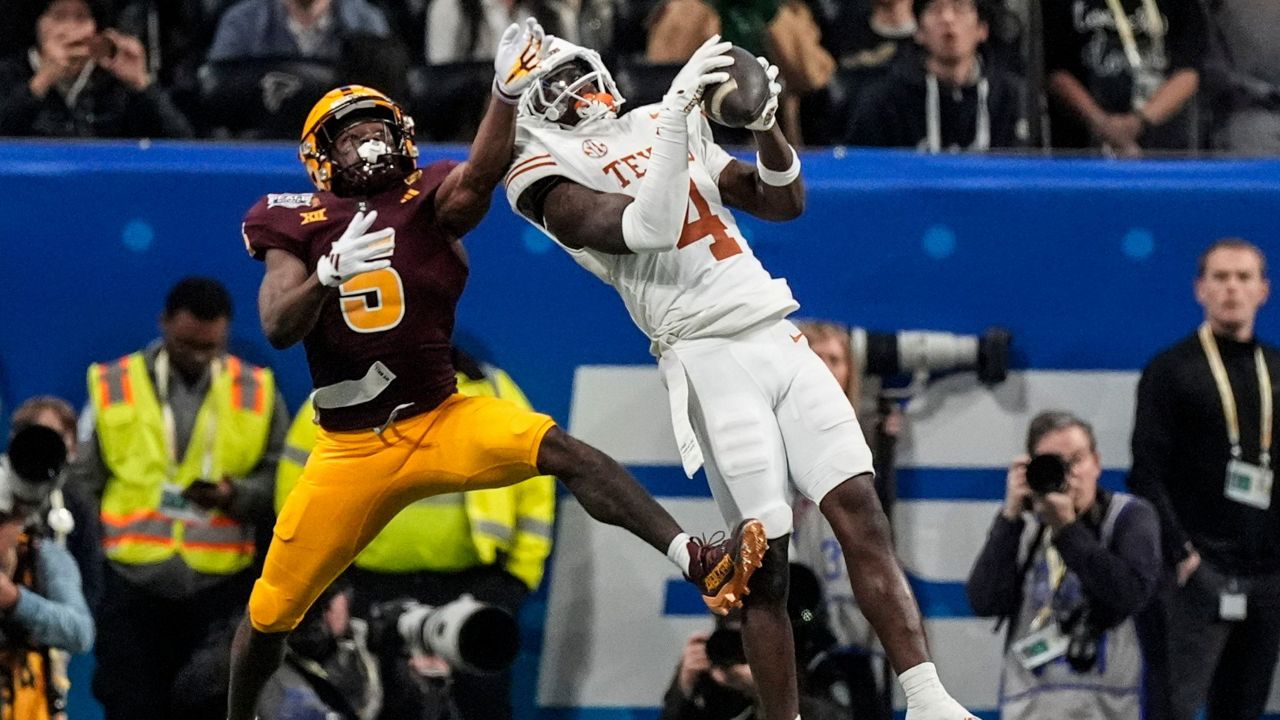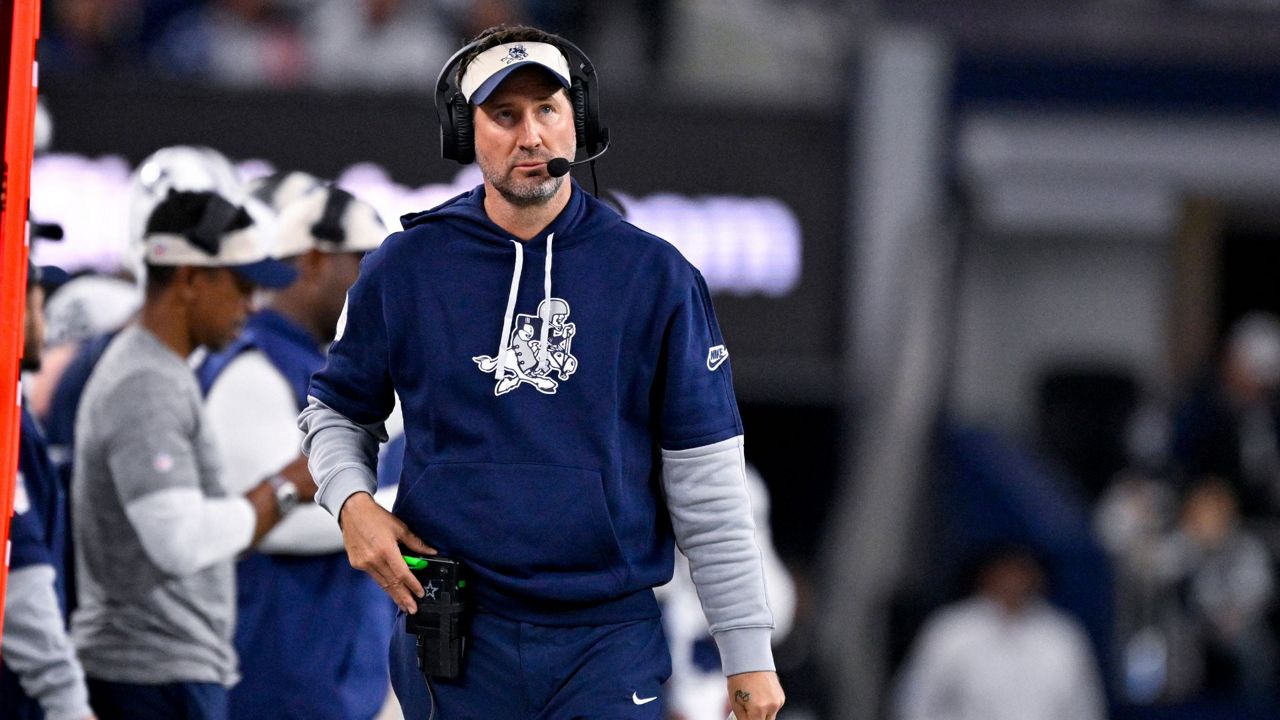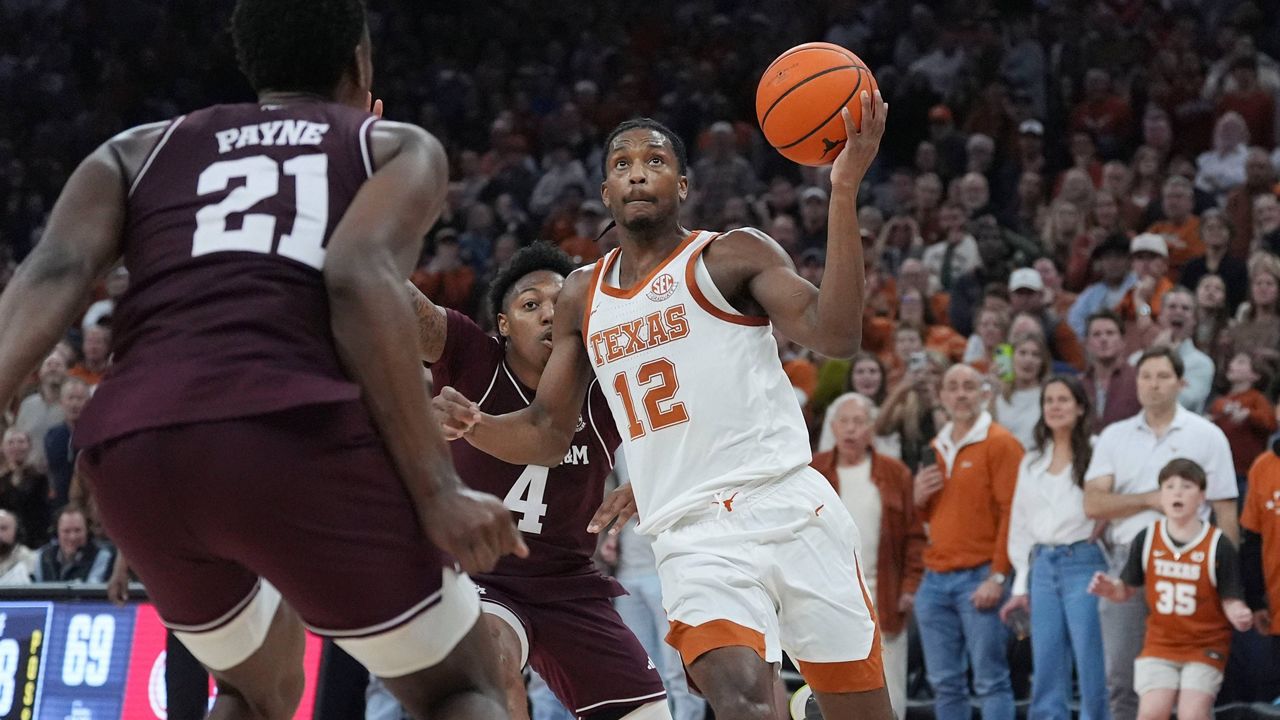AUSTIN, Texas — The road less traveled isn’t always the easiest.
Leon O’neal II knows that from experience after being the first Black football player to earn a scholarship from the University of Texas in 1968.
“Growing up in Texas, I always like them. I just like the colors of the school,” said O’Neal II. “I remember watching them in that ’63 championship, they were playing tough and were hitting. I geared myself to be a hitter.”
O’Neal battled racism on and off the field, while helping change the landscape of sports, in not just Texas, but the entire South. Before he signed, there were very few Black scholarship football players in the South. Maryland’s Daryl Hill became the first to play for any school in the South in 1963.
But O’Neal helped open the door for Texas’ Julius Whittier, who made his debut seven years later. Leon remembers being under microscope and proving he belonged at one of the best programs in the nation.
“I just had to govern myself accordingly because I knew there was a bigger picture down the road,” O’Neal. “I remember that first [freshman] game down there, people were talking in the stands about how UT got them a [expletive]. My brother was militant and wanted to something, when my father said ‘look son, we’re the only ones up in here, and we have to get out of here.’”
“Even some of my teammates didn’t want me there, but you give them a slobber knocker, and they realize you’re there to play ball too,” O’Neal.
Poor grades sidelined his dreams of becoming the Black Longhorn to hit the field for legendary coach Daryl Royal. His new path eventually led him to Southwest Texas State University (now Texas State), where he shined as a linebacker.
O’Neal noticed a change from his time at Texas.
“I wouldn’t take it as much. UT was enough to build me up to where I was starting to become militant like my brother,” said O’Neal.
NFL teams like the Dallas Cowboys, St. Louis Cardinals, and The Washington Football Team all showed interest, but his opportunity came with San Antonio Toros.
A tragic loss brought Leon’s playing career to an end.
“My wife had my son and five days later she died. I had to raise that boy and my daughter was three. I had a contract offer, but that was an if I made it or not,” O’Neal.
O’Neal pushed through the pain to finish his degree at Prairie View A&M and became an educator. His journey — although bumpy — still led to the Texas Black Sports Hall of Fame. And Leon looks back on the road he traveled — with the understanding of what it meant for progress.
“I look back on it different than at the time. I was just a young kid, wanting to do good, and trying to get to the league. That changed the eye of people in the South about Black players,” O’Neal.









